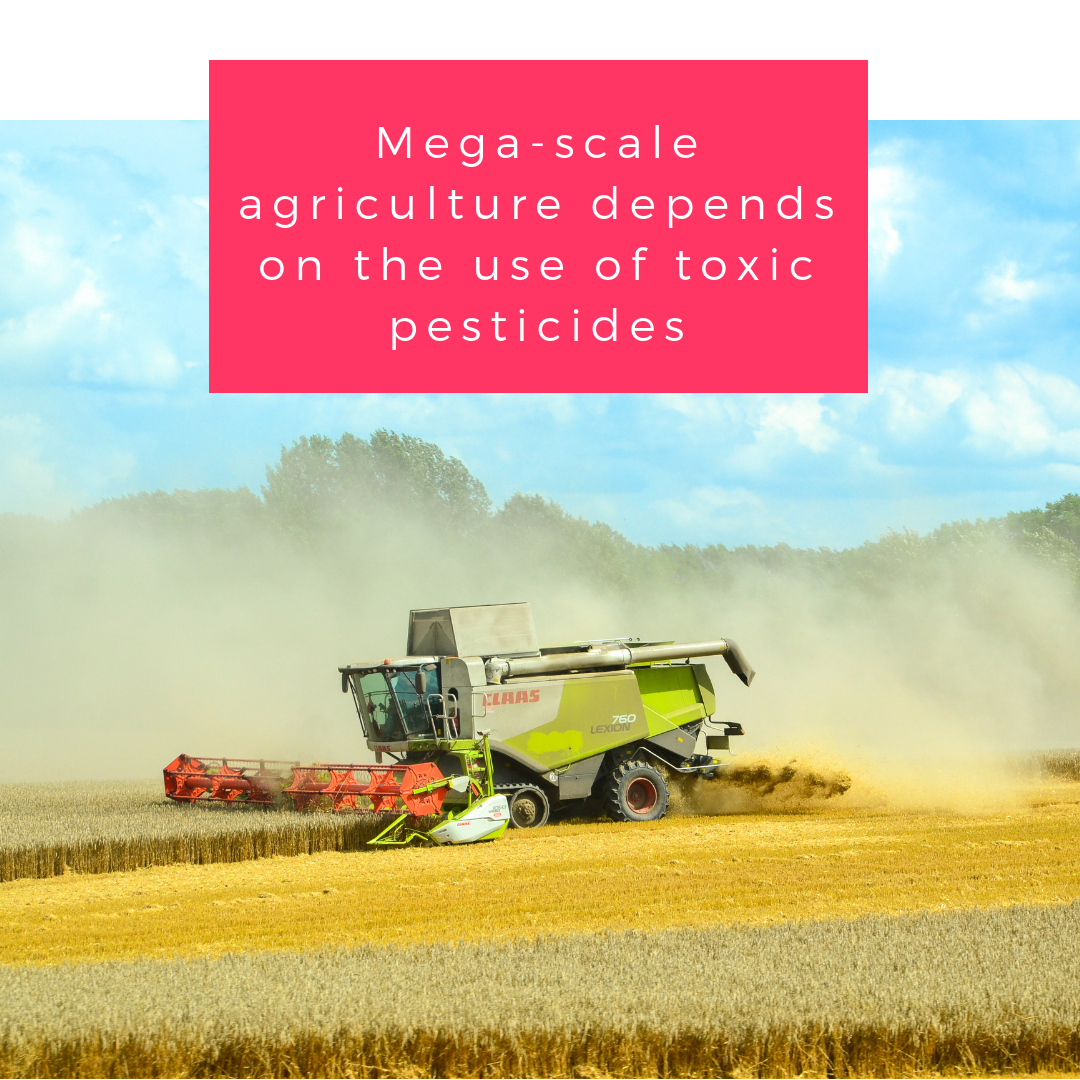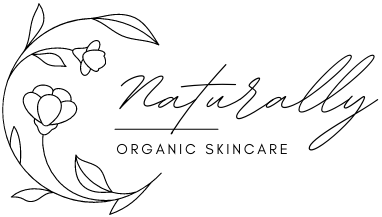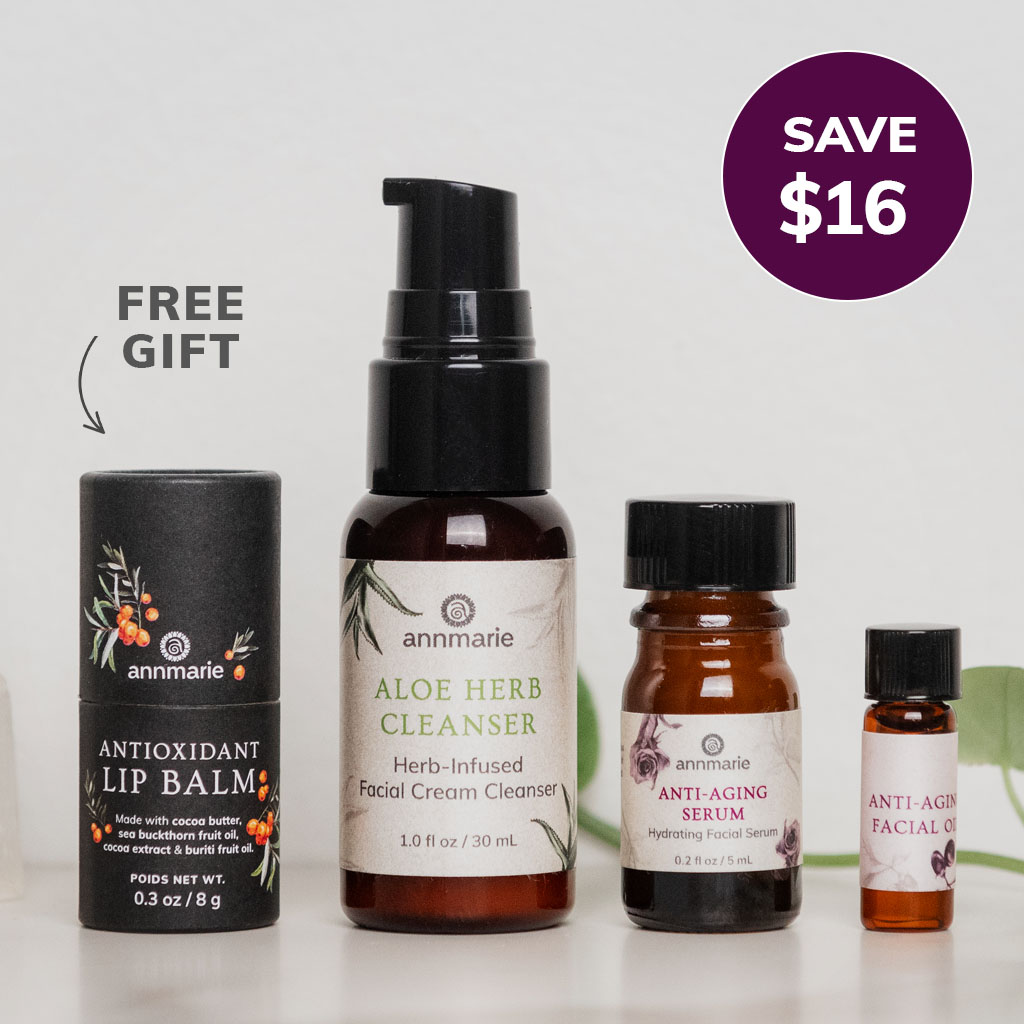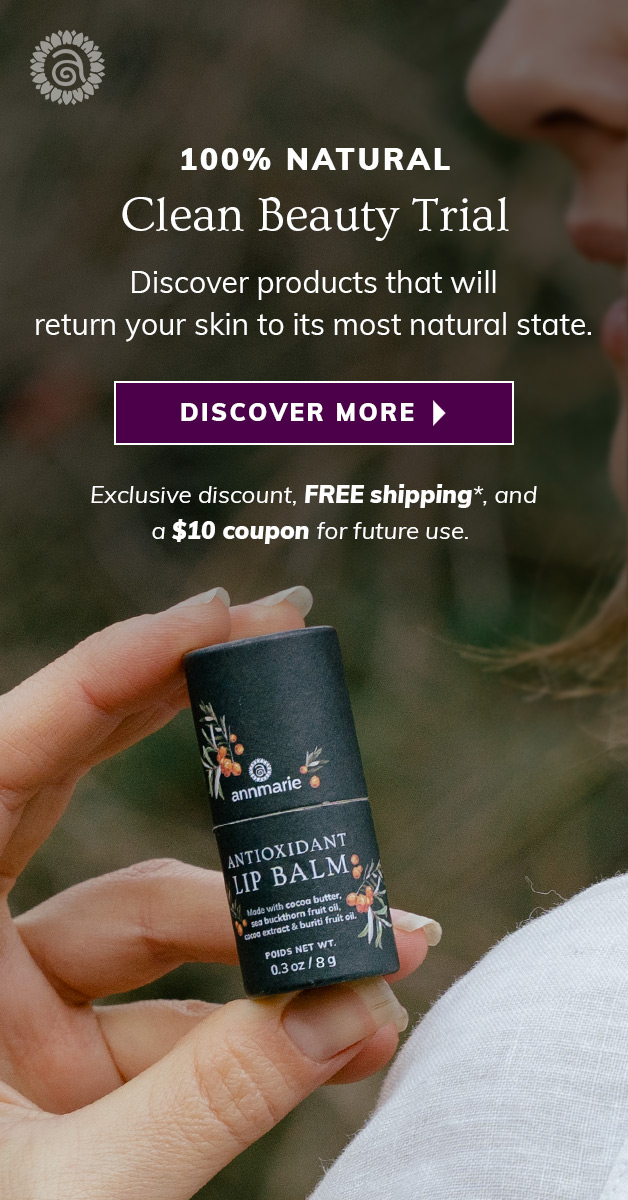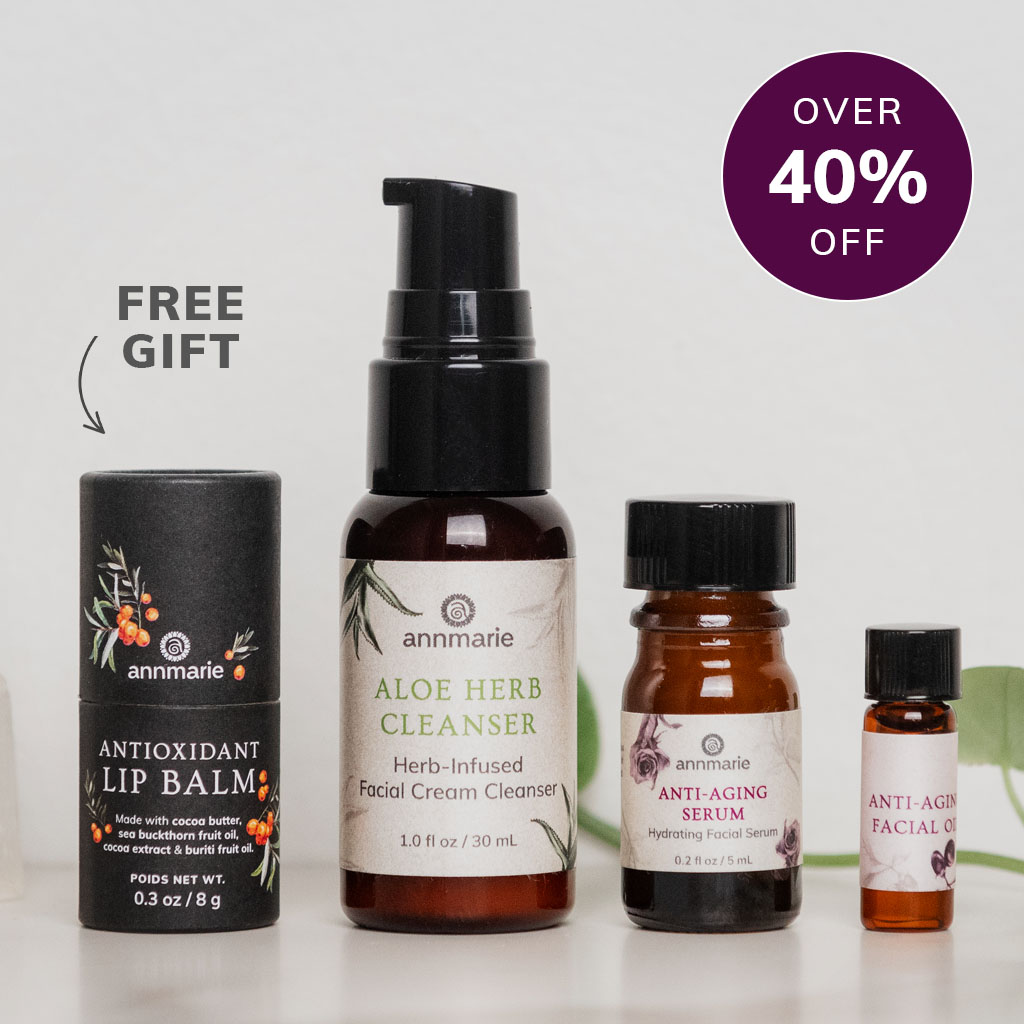Welcome to the exciting, fast-growing world of green beauty! So why is organic skincare better, and is it always all-natural?
Let’s talk shades of green.
Everything related to the skin and a natural, sustainable lifestyle is welcome to join this party: skincare, makeup, haircare, eco-friendly household products… So is everyone with an interest in the matter, which – I hope – includes you.
Is organic skincare always 100% organic & all-natural?
Not necessarily.
Not all organic skincare is one hundred percent natural, and not all-natural skincare is per definition organic. However, the organic ingredients used in products usually coincide with the natural ones.
Only when natural substances are extracted from organically grown source (plant) material they qualify to be called organic.
While the best organic skincare does contain a relatively high amount of organic ingredients, most concoctions require the presence of at least a small amount of other substances. The occasional five-ingredient-lip-balm aside, it is rare for cosmetics to be 100% organic.
Anything with more than 90% organic ingredients is exceptional. Above 70% is really great. Even when skincare contains a few ingredients that are sourced organically, that’s a good effort on the manufacturer’s behalf, and a fine choice on ours.
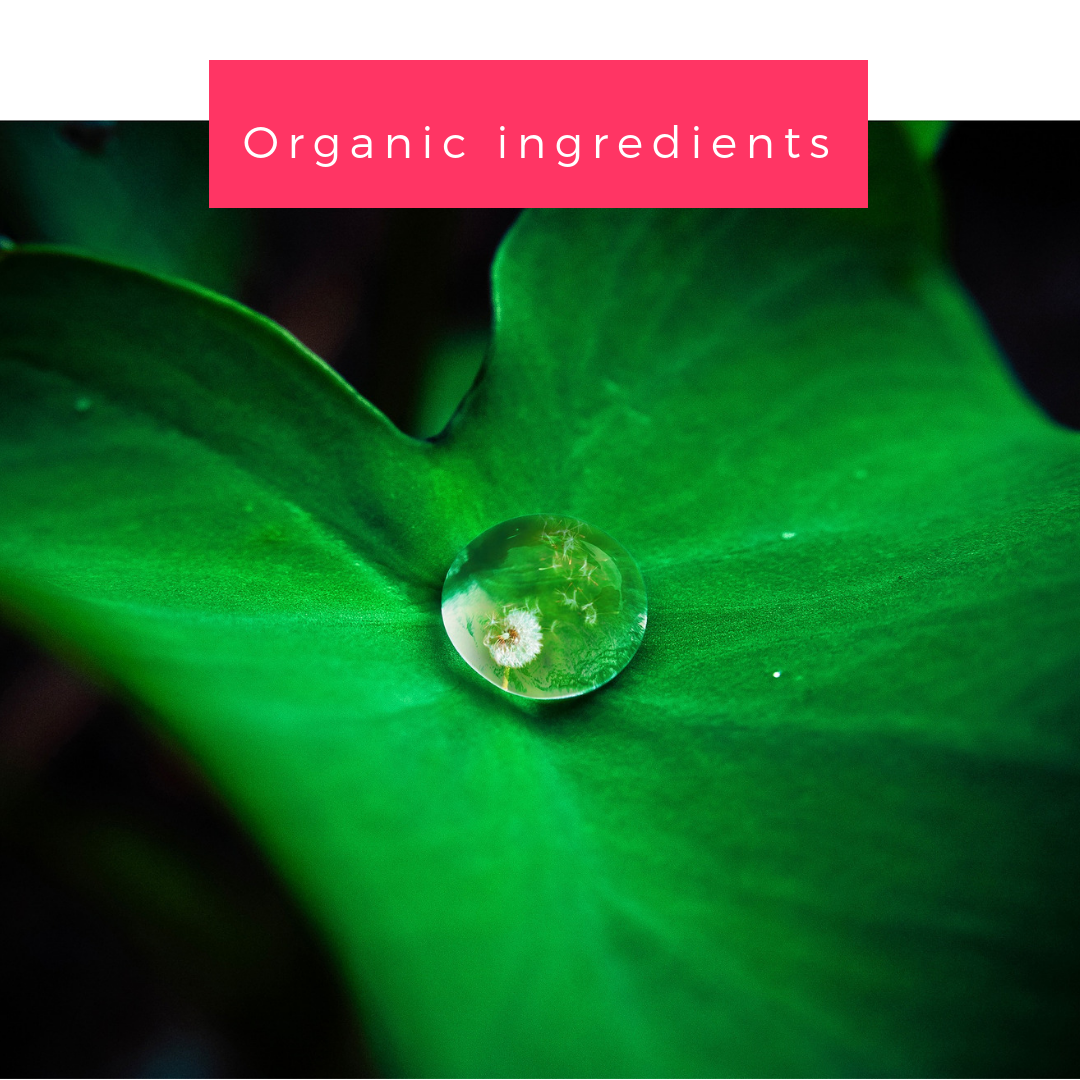
Organic ingredients
Some organic skincare products contain a combination of synthetic ingredients and organic plant extracts. There are countless variations as to the ratio of organic botanicals versus other natural or synthetic ingredients. Certifications and labels can tell us more about the ratios of natural or organic ingredients in a product – more on that in a minute.
We call it organic skincare when a brand makes the effort to source ingredients from organic agriculture and their end products contain at least some organic ingredients.
Whether you’re happy with a more mellow approach or want to be a hard-core eco-warrior about it is a personal choice. Obviously, there is no “wrong choice”. Every little bit of support for the organic movement helps.
Certified organic skincare brands
Here’s another thing worth knowing in your pursuit of organic skincare: What to make of the explosively growing amount of organic labels and certifications.
Doesn’t there seem to be a label for everything these days, with new ones popping up each time we shop?! How important are these “certified organic” badges, really? Part of that answer is very straight forward, and part is a bit more nuanced.
The all-natural trend
The term natural deserves its own moment in the spotlight. For one, it is much less clearly defined than the term organic.
If natural supposedly means ‘unadulterated’, then that rules out almost everything. We can’t even slap straight coconut oil on our skin, because oil doesn’t grow on trees as… well… straight oil. Most natural ingredients need some kind of processing before they’re usable in/as skincare.
Also, anything on earth is technically natural. Petroleum-derived ingredients make their way up from the earth, yet most naturally-oriented folks prefer not to use those. Due to this ambiguity, it isn’t exactly easy to determine which substances qualify as “natural”.
What people often mean when they refer to something as natural is that it hasn’t been altered a whole lot.
Greenwashing
The beauty industry flawlessly picked up on this. You’ll be hard-pressed to find a cosmetic brand referring to petroleum-derived ingredients (like propylene glycol, or dimethicone) as natural ones, only because they were once pumped up in the form of crude oil. However, if a skincare product contains a microscopic amount of botanicals, you bet that fact will be all over the packaging.
The term natural is almost always used for something plant-based, of vegetable – sometimes mineral – origin. Because it is such a broad term, and one that’s impossible to regulate, greenwashing happens a lot.
Why is organic skincare better?
Personally I’m not too hung up on the all-natural part, while I do believe organic is naturally (deliberately a pronoun in the website’s name) always better! 😉
The all-natural approach can be a perfect fit. I’ve even compiled a list with some of my personal experiences in which the natural way worked much better than the other one. Other times we may need a healthy dose of chemicals to beat the odds.
On the other hand, I’m not sure what sensible reason there is not to cheer on any organic initiative.
Pesticides for profit
If someone is against the organic movement, such a stance is usually motivated by profit and personal gain over compassion and long-term care for the planet. There simply is no other reason – or should we say no good reason – to not be in favor of organic agriculture.
There is some evidence that organic skincare is free from contaminants in the form of the residue of pesticides, but the main area of impact of organic farming affects the environment.
Supporting organic means less harmful pesticides find their way into the soil and groundwater. Now even if the state of the environment doesn’t mean sh#t to you (doubtful, since you’re looked up organic skincare in the first place, and are apparently still reading… 😉 but anyway) caring about the fate of nature is closely related to self-care.
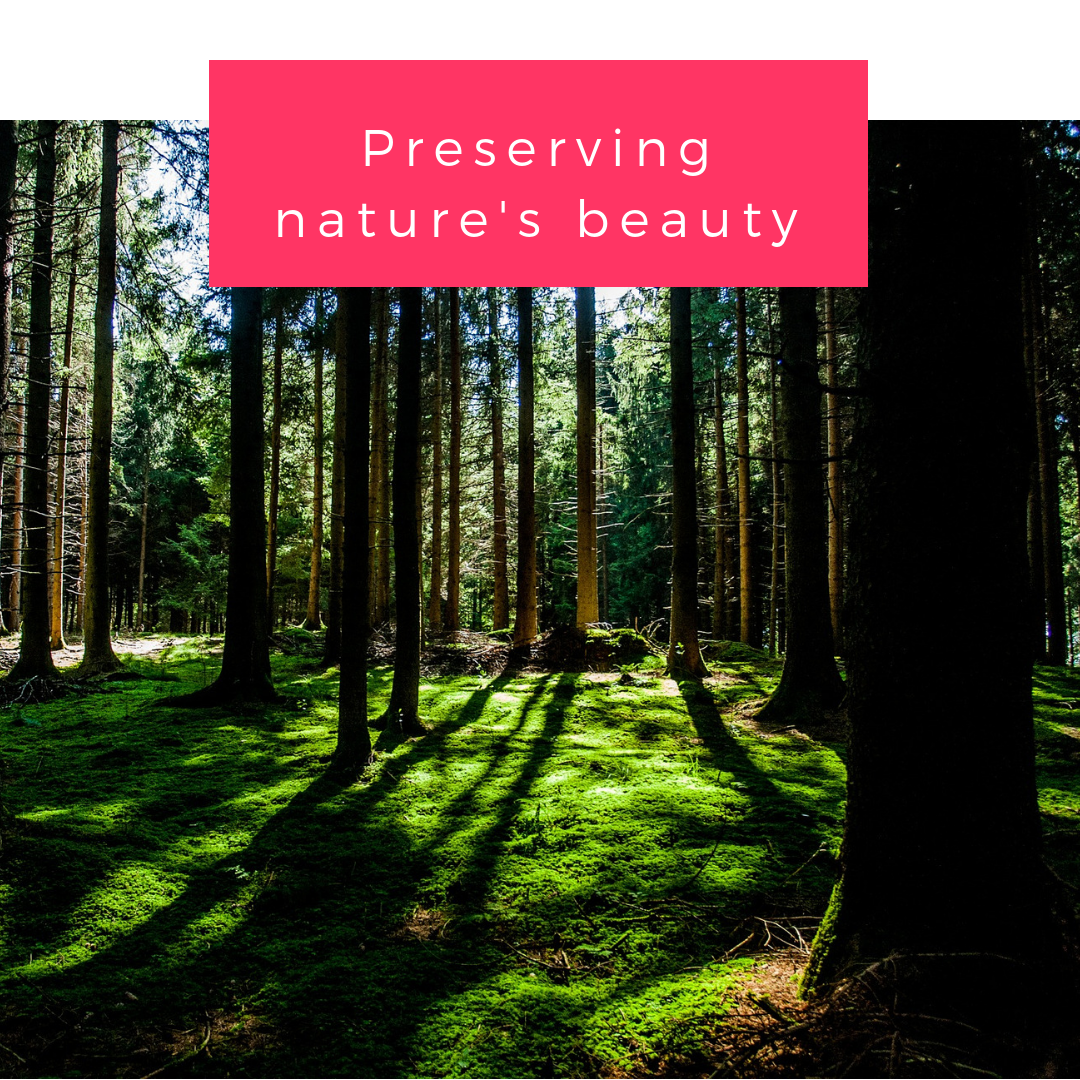
The importance of a healthy environment
The health of the environment surrounding us traces right back to our health and well-being. In the news, we hear about one terrible case after the next of inhabitants of heavily polluted areas getting sick, or worse. Sadly, for the man impacted by its effects, it is too late, but Monsanto has finally been held accountable for their extremely toxic herbicide called Round-up.
So… hell yes, organic is the way to go.
Organic agriculture is not in line with how the world’s most powerful corporations envision their profit margins to grow (no pun intended) but better it is. Because it is less profitable on a large scale, we need to vote with our wallets to let those in charge of making financially motivated decisions know which side we’re on.
Stepping off that soapbox now.

Beautiful, healthy skin, minus the toxins
If you’re still not convinced on the whole organic thing, maybe because you’re thinking: “Keeping the planet clean and pretty is important, sure, but what about me? What’s that going to do for the bags under my eyes or the acne on my chin? I’m still wondering whether organic skincare is any good on a more – ahem – local level.”
Hey, I get it. We all want to look our best.
Ecological benefits aside, organic products have a great deal to offer when it comes to taking care of the skin in general. Organic skincare is most effective at tackling issues and improving problem skin.
Is organic skincare expensive?
The short answer is no.
Luxury skincare is always expensive, and luxury organic skincare can be expensive too. If we’re talking Chanel, Estée Lauder, Shiseido… The median price range of organic skincare is very reasonable.
The focus on living an organic and natural lifestyle has steadily increased these past years. As a result, there are a lot more organic skincare brands to choose from now than ten or fifteen years ago, which is really awesome on many fronts.

One of the good things about this surge in organic products is that there is something for every budget.
Luxury organic skincare
If you are looking to splurge on the best organic skincare there is, you can – and while your wallet won’t have its best day for it, your skin will most likely be applauding the decision.
Affordable organic skincare
If you want to hop on the organic train on a budget, that’s totally possible. There are some wonderful cheap organic skincare brands that don’t cost an arm and a leg.
Do it yourself!
Should you be so inclined, there is also the DIY approach. Making your own organic skincare can be lots of fun, but it doesn’t work so well for everything. Certain products lend themselves better to a homemade version than others.
Last, but not least: organic skin care samples
It can take some trial and error to find a skincare regimen that is perfectly suited to your skin’s needs. And just when you think you’ve figured it out, those needs may change again! With all the things affecting the skin, it’s hard to keep up sometimes. Seasonal changes, the effects of travel, pregnancy, or the skin just randomly deciding it’s time for a new “phase”.
Sampling is invaluable. Not all brands and stores make this easy, so I’ve compiled a list of where to find organic skincare samples.
